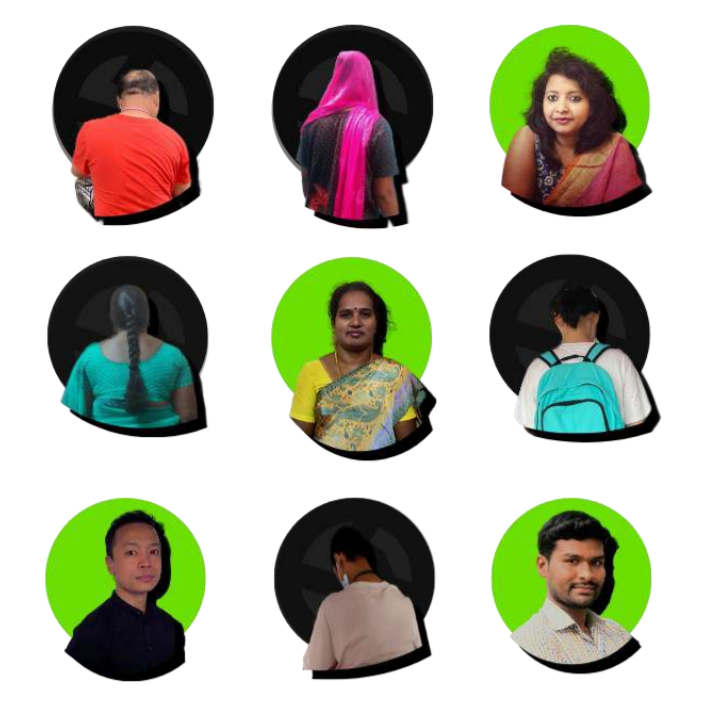The Covid-19 pandemic has hit many companies hard, and the fashion industry is one of the worst affected sectors. In 2020, sales in the Swedish clothing and footwear market has declined by 17% and 30%, respectively, compared with the previous year, according to the Swedish Trade Federation. When the pandemic struck, many companies around the world reacted by withdrawing orders that were already in the production phase, or by demanding large discounts from suppliers.
Cividep worked with Swedish organisation Fair Action as part of their new report, which shows that leather workers in India and China have been deeply affected by the setbacks and bear a large financial burden. Many lost their job overnight when factories shut.
“The shutdowns came as a shock to people. Even before the crisis, wages were extremely low, which meant that workers had no savings when they were left without pay,” says Pradeepan Ravi, who coordinates Cividep’s work in Tamil Nadu’s leather sector.
Brands need to ensure that wages are paid during the pandemic. Factories closed and workers left without pay. The fashion industry has been hit hard by the Coronavirus crisis – and the worst affected are the factory workers of suppliers based in Asia. For their situation to improve, buying companies must become better at engaging in dialogue with trade unions and civil society organisations on the ground to find solutions to the serious challenges. This is the opinion of labour rights experts in India and China interviewed in a new report from the Swedish watchdog Fair Action.
Access the full report below.
Bearing the brunt of the pandemic: accounts of leather workers

